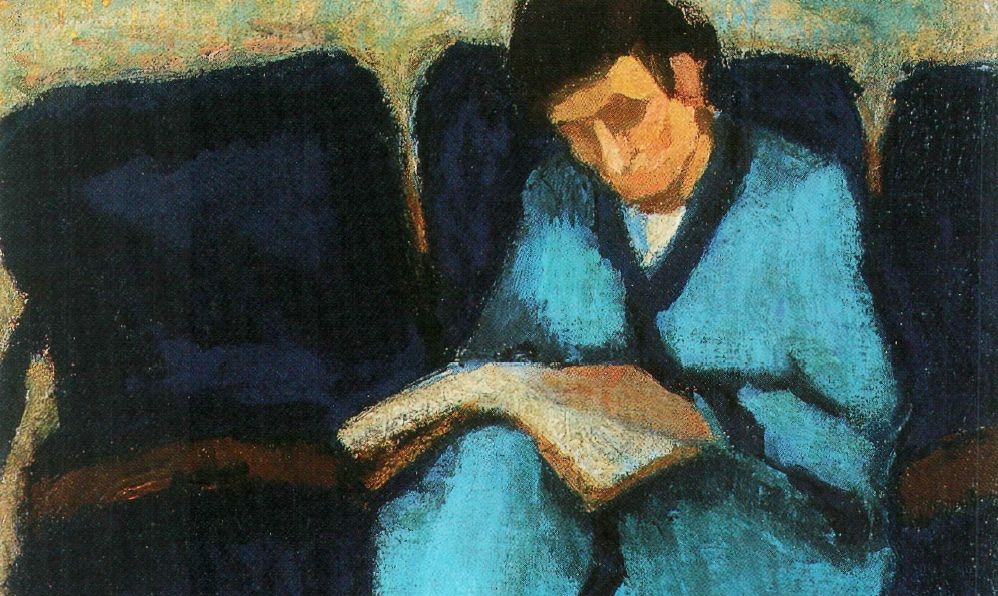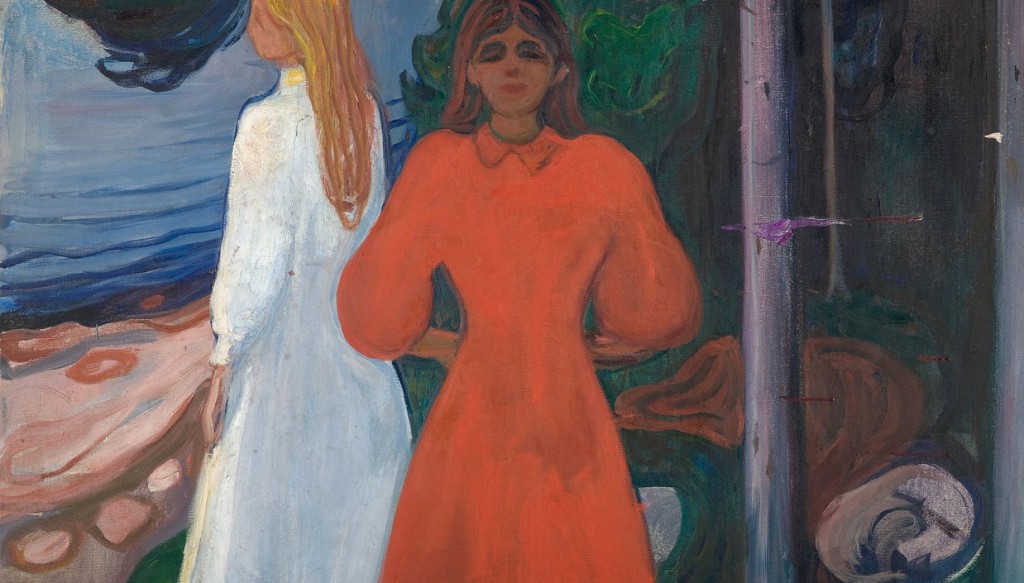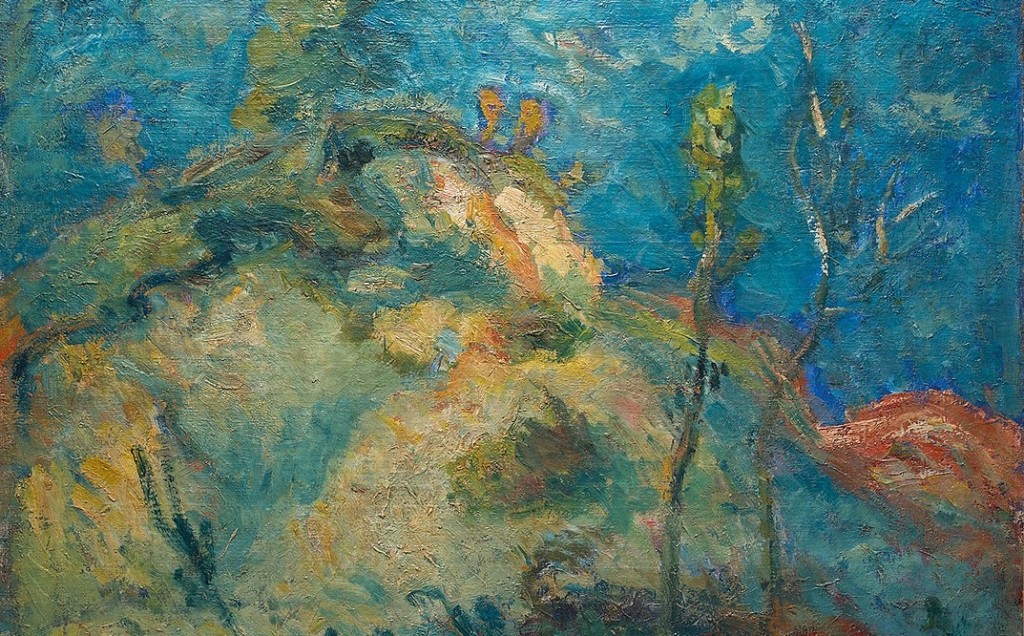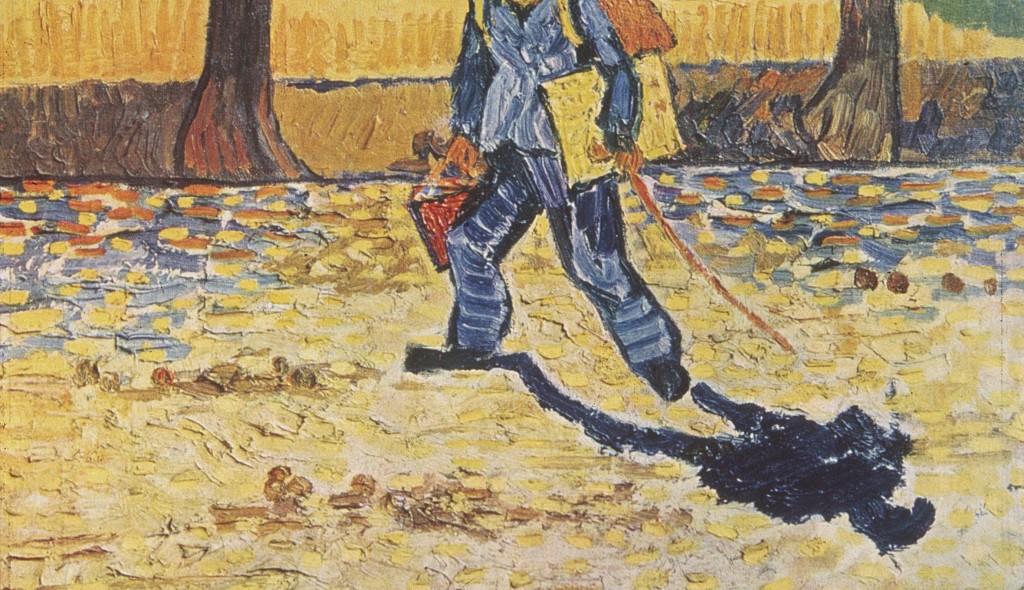![U.S. Midterm Elections 2022: Historic Dimensions and Perspectives [EVENT] U.S. Midterm Elections 2022: Historic Dimensions and Perspectives [EVENT]](https://4liberty.eu/phidroav/2021/11/vote-elections-1024x601.jpg)
U.S. Midterm Elections 2022: Historic Dimensions and Perspectives [EVENT]
BY
Friedrich Naumann Foundation for Freedom / May 17, 2022
A total of 469 seats in the U.S. Congress (34 Senate seats and all 435 House seats) are up for election on November 8, 2022. Midterms often serve as a referendum on the administration in power while setting the table for the next presidential elections.




![War in Europe: Germany’s Contribution to European Security [EVENT] War in Europe: Germany’s Contribution to European Security [EVENT]](https://4liberty.eu/phidroav/2022/05/krieg-in-europa-1024x567.png)


![4liberty.eu N E W S L E T T E R [APRIL 2022] 4liberty.eu N E W S L E T T E R [APRIL 2022]](https://4liberty.eu/phidroav/2020/05/Cornelis_Norbertus_Gysbrechts_005.jpg)


